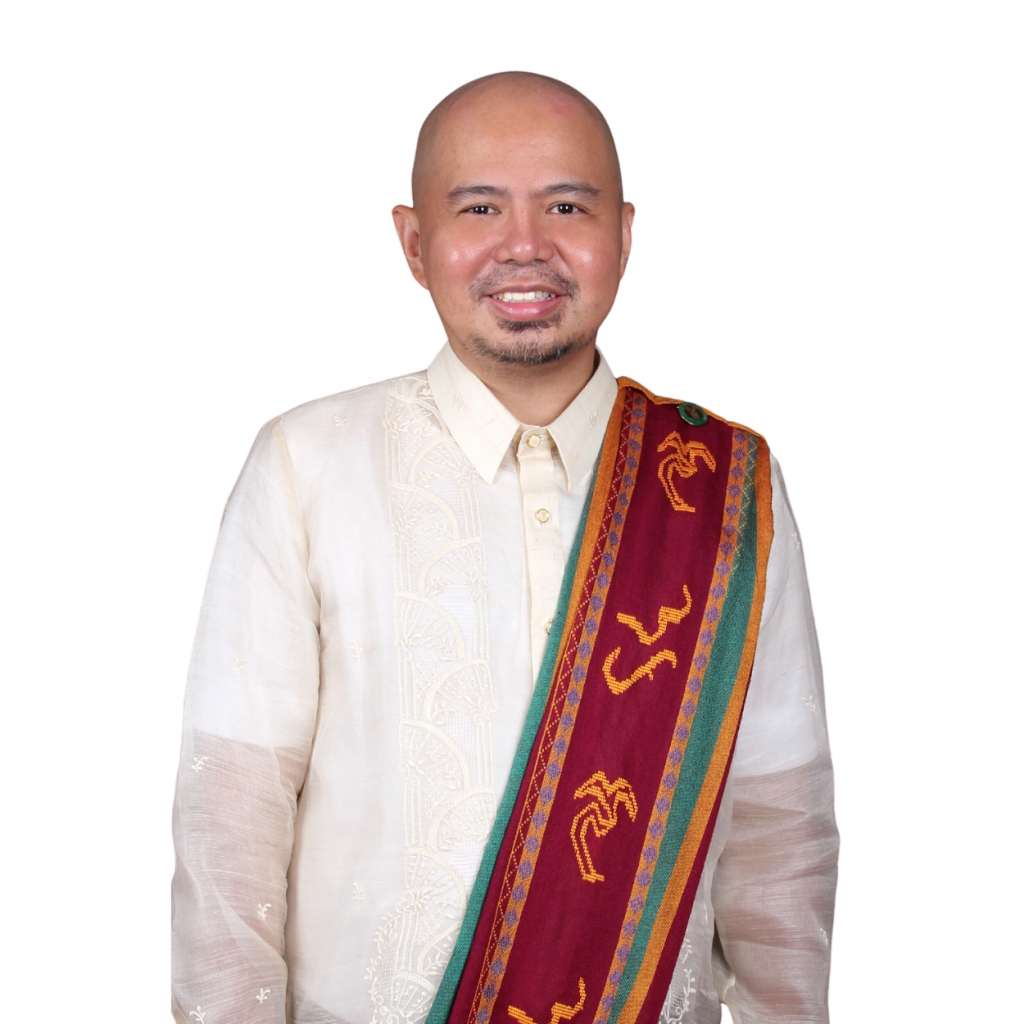Dr. Jose Ma. M. Angeles, Associate Professor at the Department of Parasitology of the College of Public Health (CPH), University of the Philippines Manila (UPM), has played a pivotal role in the campaign against schistosomiasis, an acute and chronic parasitic disease caused by blood flukes (trematode worms) of the genus Schistosoma.

Despite considerable progress in research, schistosomiasis remains a significant public health concern in various parts of the world, presenting a unique challenge to healthcare professionals due to the absence of sensitive, accurate, and affordable diagnostic tests. To this end, Dr. Angeles, in collaboration with the National Research Center for Protozoan Diseases of the Obihiro University of Agriculture and Veterinary Medicine, developed a diagnostic method called Recombinant Antigen-Enzyme Linked Immunosorbent Assay or RA-ELISA, which has proven to be an effective tool, especially in near-elimination settings.
The conventional microscopic approach devised by Dr. Angeles and his team involves three days of stool collection, which not only proves cumbersome but raises concerns related to community fatigue, sample sharing among household members, and the reuse of samples for multiple collections.
Teaching and Testing RA-ELISA
One of the testing grounds chosen for RAELISA was Central Sulawesi, Indonesia, where 28 villages grapple with the schistosoma. Invited by the World Health Organization (WHO) South East Asian Regional Office (SEARO) and the Ministry of Health Indonesia, Dr. Angeles spearheaded a training session on the application of RA-ELISA for schistosomiasis in Donggala, Central Sulawesi, Indonesia, from July 4-9, 2023. This WHO-initiated training was aimed to significantly enhance Indonesia’s capabilities in eliminating schistosomiasis, ensuring a more accurate and comprehensive approach to disease surveillance and control.
With support from UPM, the extensive five-day capacity-building workshop and training was conducted specifically at the local National Institute of Health Research and Development (NIHRD), where 29 participants converged, including health authorities, workers, and representatives from local universities.
The program encompassed lectures and hands-on practices, delving into various aspects, from the historical context of schistosomiasis to the significance of conventional diagnostic methods and microscopy, including the Kato-Katz technique. An essential component of the training introduced participants to the innovative RA-ELISA test employing the SjTPX1 recombinant antigen, encompassing reagent preparations and test protocols.
Future Possibilities
The significance of RA-ELISA lies in its potential to accelerate schistosomiasis elimination, providing access to advanced diagnostic methods, and fostering public health awareness and community involvement in disease control. By empowering healthcare professionals with this more sensitive diagnostic technique, Indonesia, with the cooperation of Dr. Angeles and WHO-SEARO, aims to enhance surveillance precision, identify affected areas more accurately, and improve the health and welfare of communities affected by schistosomiasis.
The information was reported in an article: Breaking the shackles of schistosomiasis: Indonesia’s leap towards elimination with RAELISA (who.int)
Charmaine A. Lingdas